NIH
-

Engelhardt lands stem cell transplant research grant
Up to 60 percent of patients who receive a stem cell transplant using cells from another donor will develop post-transplant diabetes mellitus, which can increase the rate of complications and death after the procedure. Read MoreSep 11, 2014
-

Study tracks new way to fight HIV infection in women
Vanderbilt University’s Richard Caprioli, Ph.D., is participating in a national, federally funded collaboration to develop an intravaginal ring capable of delivering antiretroviral drugs to women at risk for HIV infection. Read MoreSep 11, 2014
-

Protein interaction protects against neurodegeneration
Two proteins interact to maintain selenium levels in the brain, and protect neurons from degeneration. Read MoreSep 2, 2014
-

Limiting breast cancer metastasis
Vanderbilt researchers have identified a new target for blocking breast cancer metastasis. Read MoreAug 28, 2014
-

Major grant spurs deeper look into ‘good cholesterol’
In some cases, HDL, the "good cholesterol," may not function properly and may actually accelerate atherosclerosis. Read MoreAug 21, 2014
-
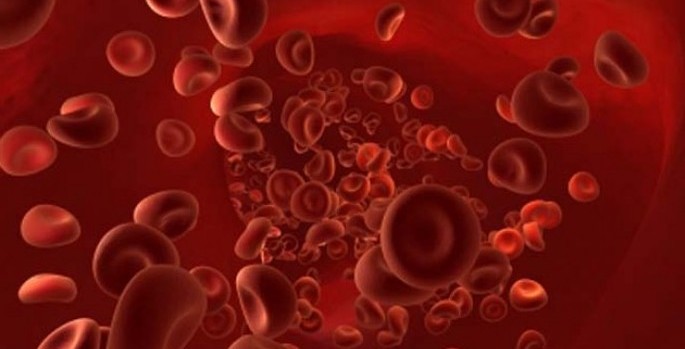
Transfusions ease strokes for children with sickle cell
Vanderbilt-led research found regular blood transfusion therapy significantly reduces the recurrence of strokes in children with sickle cell anemia who have previously had "silent" strokes. Read MoreAug 21, 2014
-
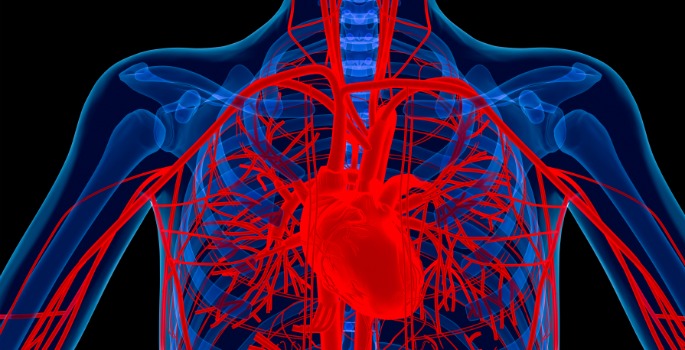
Study finds coronary arteries hold heart-regenerating cells
Endothelial cells residing in the coronary arteries can function as cardiac stem cells to produce new heart muscle tissue, Vanderbilt University investigators have discovered. Read MoreAug 20, 2014
-
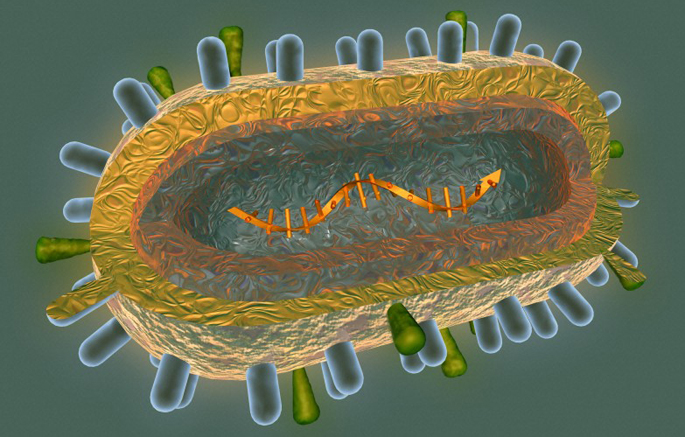
Enzyme holds the door for influenza
Compounds developed at Vanderbilt University may offer a new way to block influenza infection. Read MoreAug 20, 2014
-

Keeping an eye on blast trauma
Understanding the cellular and molecular responses of the eye to blast injury could guide new treatment development. Read MoreAug 19, 2014
-

Weight regain after gastric bypass
Early weight regain after gastric bypass surgery does not reverse metabolic improvements, and the "hunger hormone" ghrelin might indicate who is susceptible to weight regain. Read MoreAug 15, 2014
-

Penson to chair NIH health services research study section
Vanderbilt’s David Penson, M.D., MPH, director of the Center for Surgical Quality and Outcomes Research, has been named to serve as chair of the Health Services Organization and Delivery Study Section in the Center for Scientific Review (CSR) of the National Institutes of Health. He will serve a two-year term. Read MoreAug 14, 2014
-

Growth factor blockade targets breast tumors
Inhibition of BMP growth factor signaling reduces breast tumor burden and metastasis. Read MoreAug 14, 2014
-
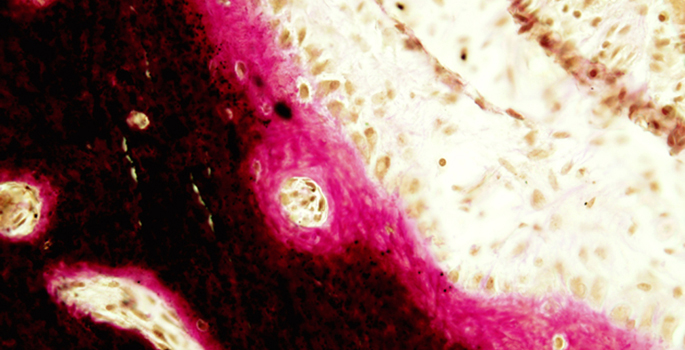
Novel treatment strengthens bones in genetic disease
An enzyme therapy may prevent skeletal abnormalities associated with the genetic disorder neurofibromatosis type-1, Vanderbilt investigators have discovered. Read MoreAug 7, 2014
-

Low selenium and lung cancer
Vanderbilt researchers have found that selenium deficiency may contribute to the racial disparity in lung cancer incidence. Read MoreAug 6, 2014
-
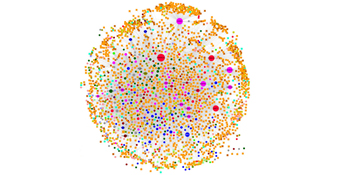
Drug discovery clues in network map
Vanderbilt investigators have constructed a network map that could guide the development of new targeted cancer therapies. Read MoreAug 5, 2014
-

Fault trumps gruesome evidence when it comes to meting out punishment
A new brain study has identified the brain mechanisms that underlie our judgment of how severely a person who has harmed another should be punished. Read MoreAug 3, 2014
-
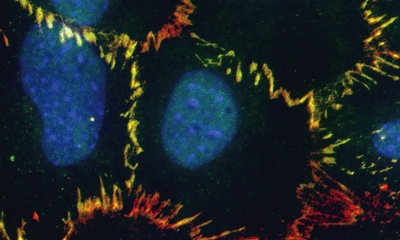
Anti-inflammatory protein “rheostat” sheds light on leaky blood vessels
Vanderbilt researchers have discovered that the protein CRADD counteracts inflammatory injury to endothelial cells, which could assist the development of new therapies for inflammatory vascular disorders. Read MoreAug 1, 2014
-

New target for breast cancer therapy
The protein MTBP is overexpressed in an aggressive type of breast cancer, and it regulates another protein implicated in many cancer types, suggesting that it may be a good target for new therapeutics. Read MoreJul 31, 2014
-

Natural killer cells don’t clear HMPV
Understanding how the immune system responds to the respiratory virus HMPV is crucial for developing vaccines and anti-viral treatments. Read MoreJul 23, 2014
-

Reversing stress-induced anxiety
Augmenting the signals of natural “endocannabinoids” in the brain may be a promising approach for treating mood and anxiety disorders. Read MoreJul 21, 2014